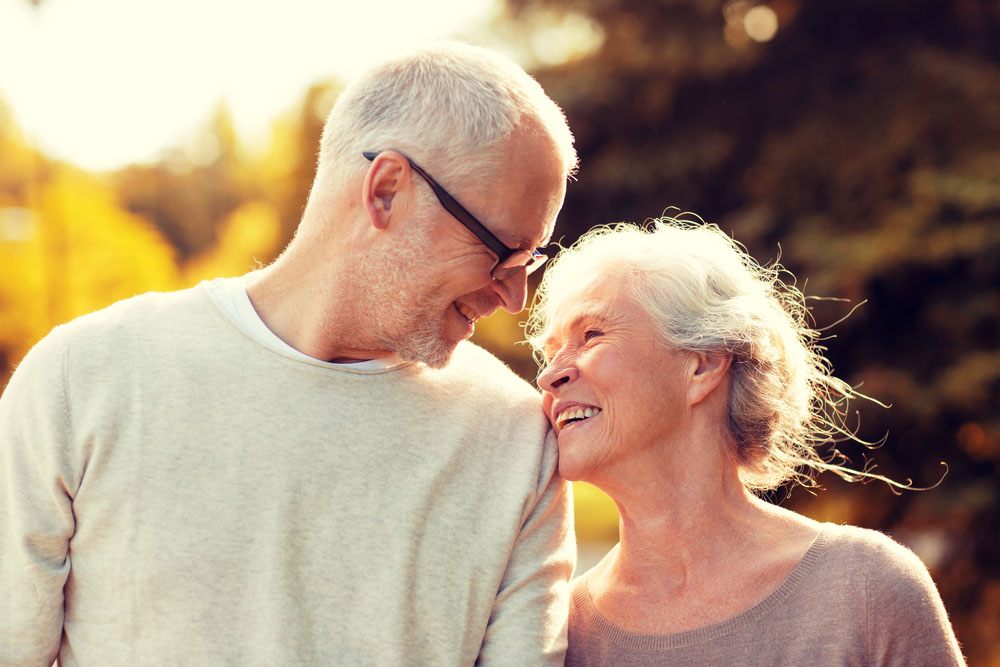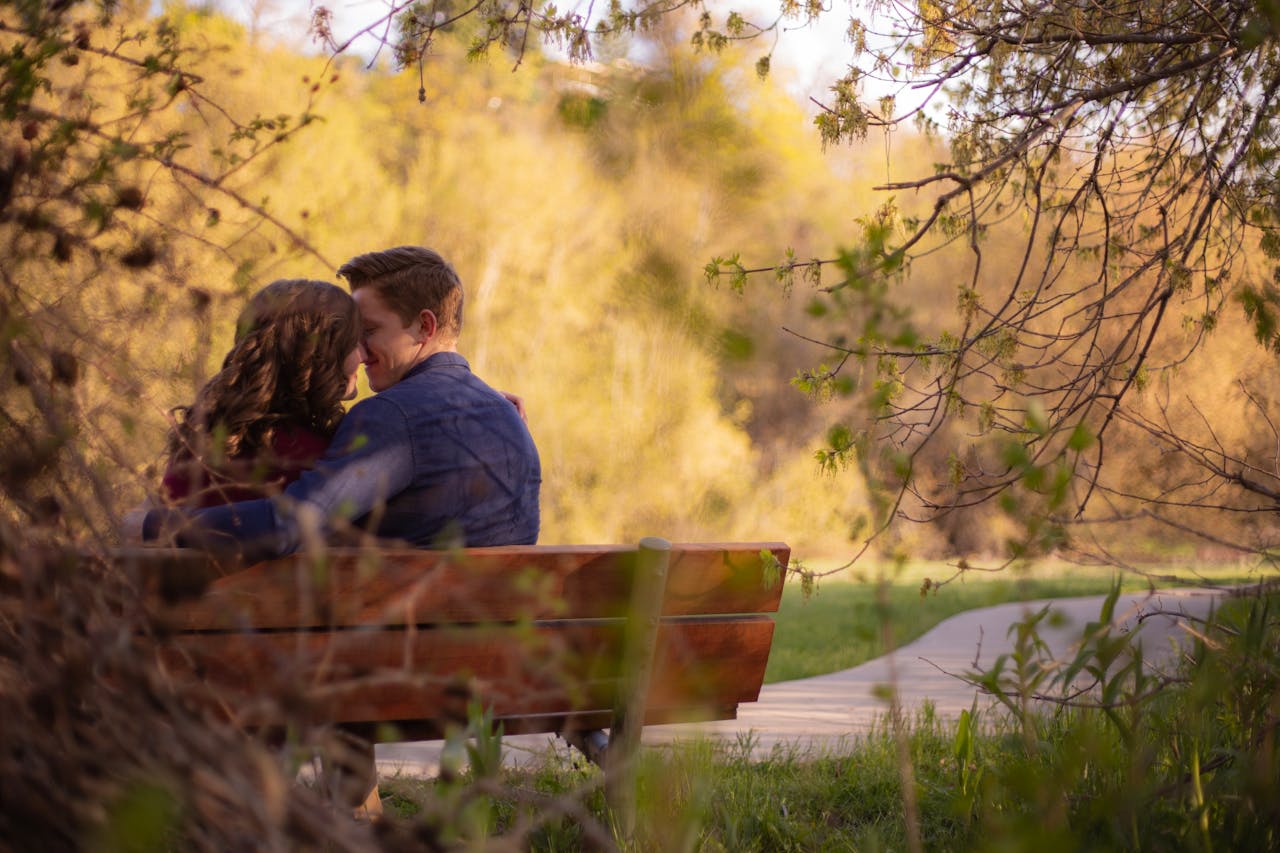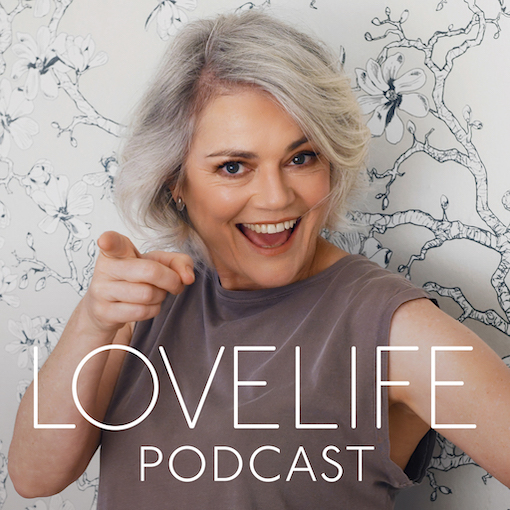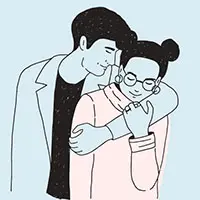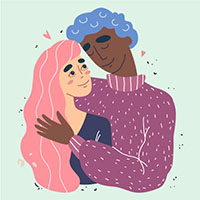Mention the words sex therapy and people’s imaginations tend to run wild.
Over the years, I’ve heard just about every assumption you can think of, from fears that it will be awkward or confronting, to concerns that it might be explicit, hands-on, or even inappropriate.
The irony is that most people who actually come to sex therapy leave saying the same thing:
“I wish I’d done this sooner. It wasn’t anything like I imagined.”
So let’s clear up some of the most common myths.
Myth 1: Sex therapy is hands-on or sexual
This is by far the biggest misconception.
Sex therapy is talk-based, just like other forms of therapy. There is no sexual contact. We talk about sex, we don’t do sex.
The work focuses on understanding patterns, communication, beliefs, nervous systems, emotions, and relationships. Any practices or exercises are done outside the session, by choice, and at your pace.
Myth 2: It’s going to be awkward or embarrassing
Most people expect discomfort — and are surprised by relief.
Once sex is spoken about openly, without judgement or shock, the intensity drops. What often replaces embarrassment is a sense of normalisation.
People realise they’re not strange, broken, or alone — they are just normal human beings.
Myth 3: It will be heavy, confronting, or all about what’s wrong
While some conversations are tender, sex therapy is not about dissecting problems endlessly.
In fact, it’s often curious, creative, practical, and often very enjoyable.
The focus is on possibility, not pathology — on learning skills we were never taught, rather than fixing something that’s “wrong” with you.
Myth 4: You only go if something is seriously broken
Many people come to sex therapy because things are fine, but not as alive, connected, or easeful as they’d like.
Sex therapy isn’t just about crisis management. It’s about learning how intimacy actually works: emotionally, psychologically, relationally, and physiologically.
Think of it as education, not failure.
Myth 5: The therapist will judge me or tell me what’s normal
A good sex therapist is deeply non-judgemental.
The question isn’t “Is this normal?”
It’s “Is this working for you?”
Human sexuality is incredibly diverse. Therapy is about helping you understand what’s authentic, ethical, and satisfying for you. It's not about fitting into someone else’s idea of normal.
Myth 6: Sex therapy is about technique or performance
Most sexual difficulties are not solved by better technique.
They’re solved by:
- better communication
- greater emotional safety
- nervous system regulation
- deeper understanding of desire, arousal, and connection
Better sex usually comes from better relating, not better moves.
Myth 7: It’s only about sex
Sex is often the doorway — but rarely the whole story.
Sex therapy frequently touches:
- self-worth and confidence
- stress and burnout
- trauma and safety
- ageing bodies
- long-term relationships
- emotional intimacy
Sex problems are very rarely just about sex.
Myth 8: Talking about sex will make things worse
Avoidance creates far more tension than conversation.
Learning how to talk about sex, at the right pace, with safety and skill, reduces pressure and allows desire to return naturally.
Silence tends to harden patterns. Gentle, guided conversation softens them.
Myth 9: Sex therapy is only for couples
Many people come on their own.
Sex therapy can support individuals exploring:
- desire and libido
- confidence and body image
- trauma recovery
- orientation or identity
- changing needs across life stages
Your relationship with sex begins with your relationship with yourself.
Myth 10: A sex therapist will push me to do things I’m not comfortable with
Ethical sex therapy is consent-led.
The goal is not to push boundaries, but to expand choice. Everything moves at the pace of safety, because without safety, intimacy can’t flourish anyway.
So what is sex therapy, really?
At its best, sex therapy is:
- human
- hopeful
- practical
- deeply respectful
It’s not about fixing broken people.
It’s about helping ordinary people feel more at home in their bodies, their relationships, and their capacity for pleasure and connection.
And for many, that turns out to be far less scary — and far more liberating — than they ever expected.


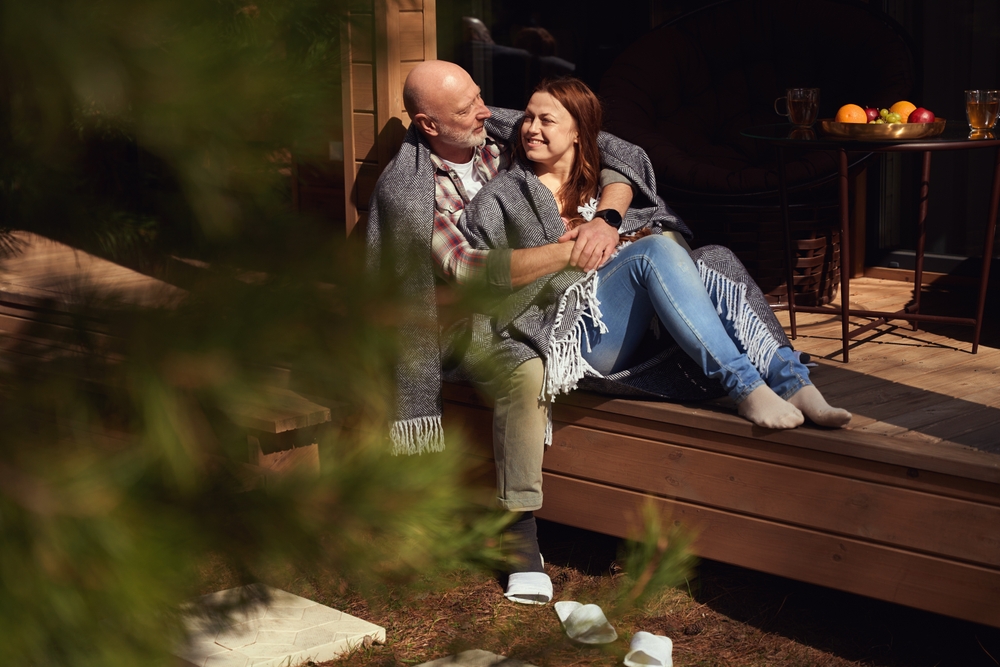




.jpg)
